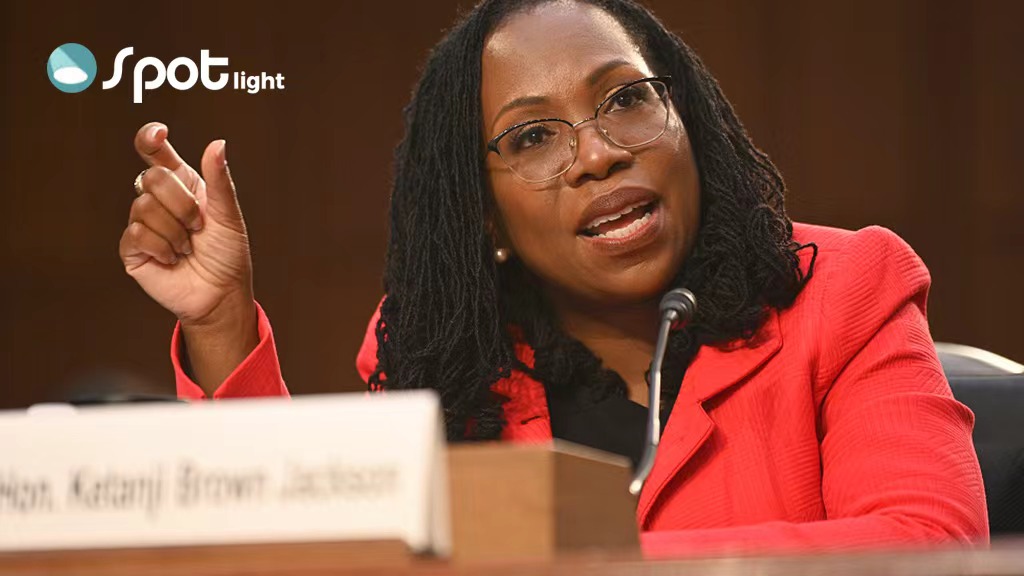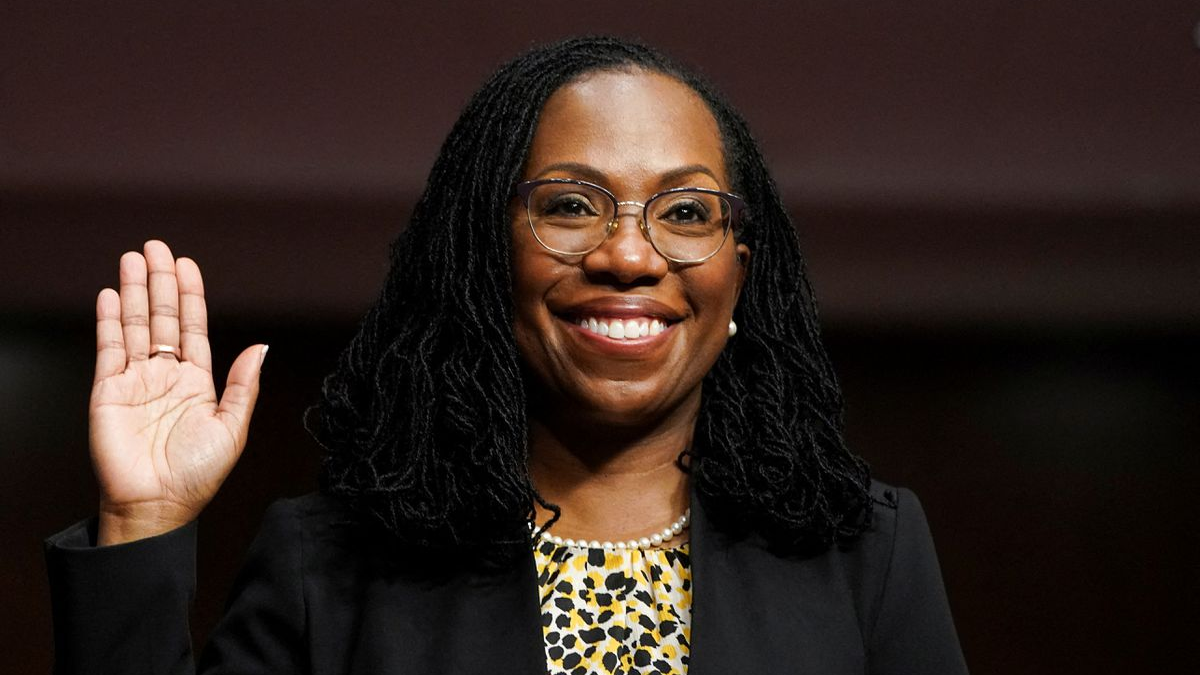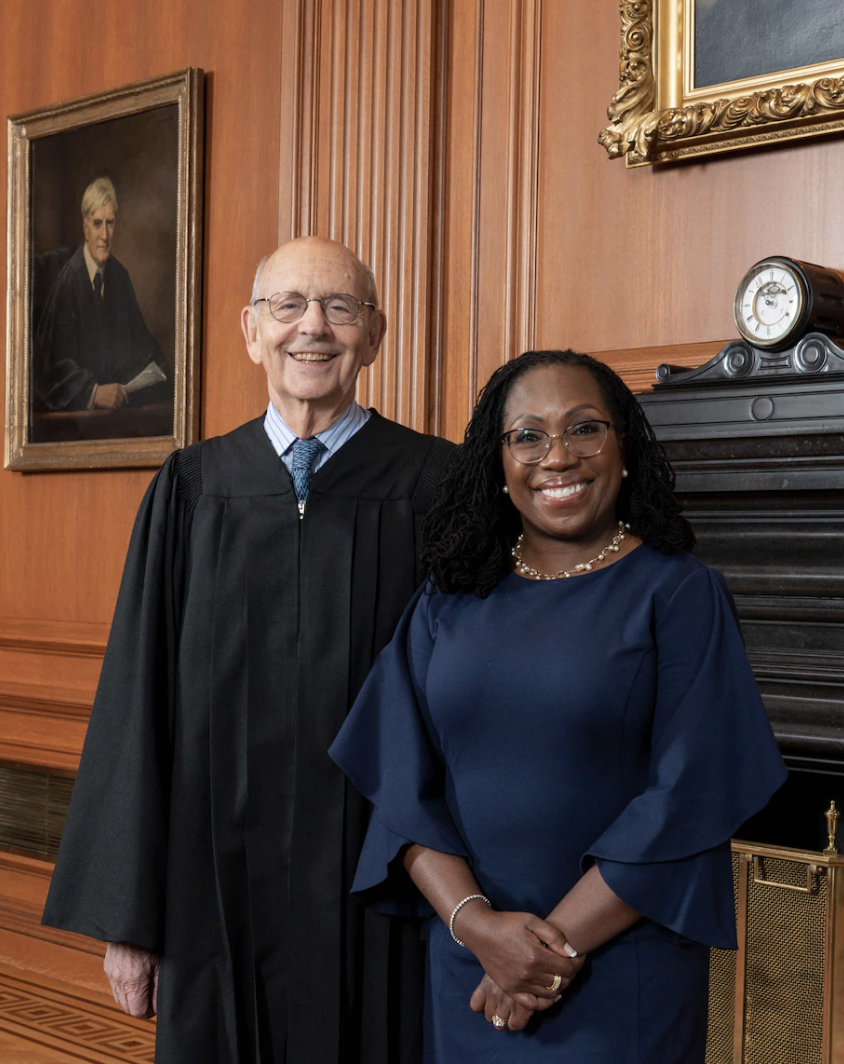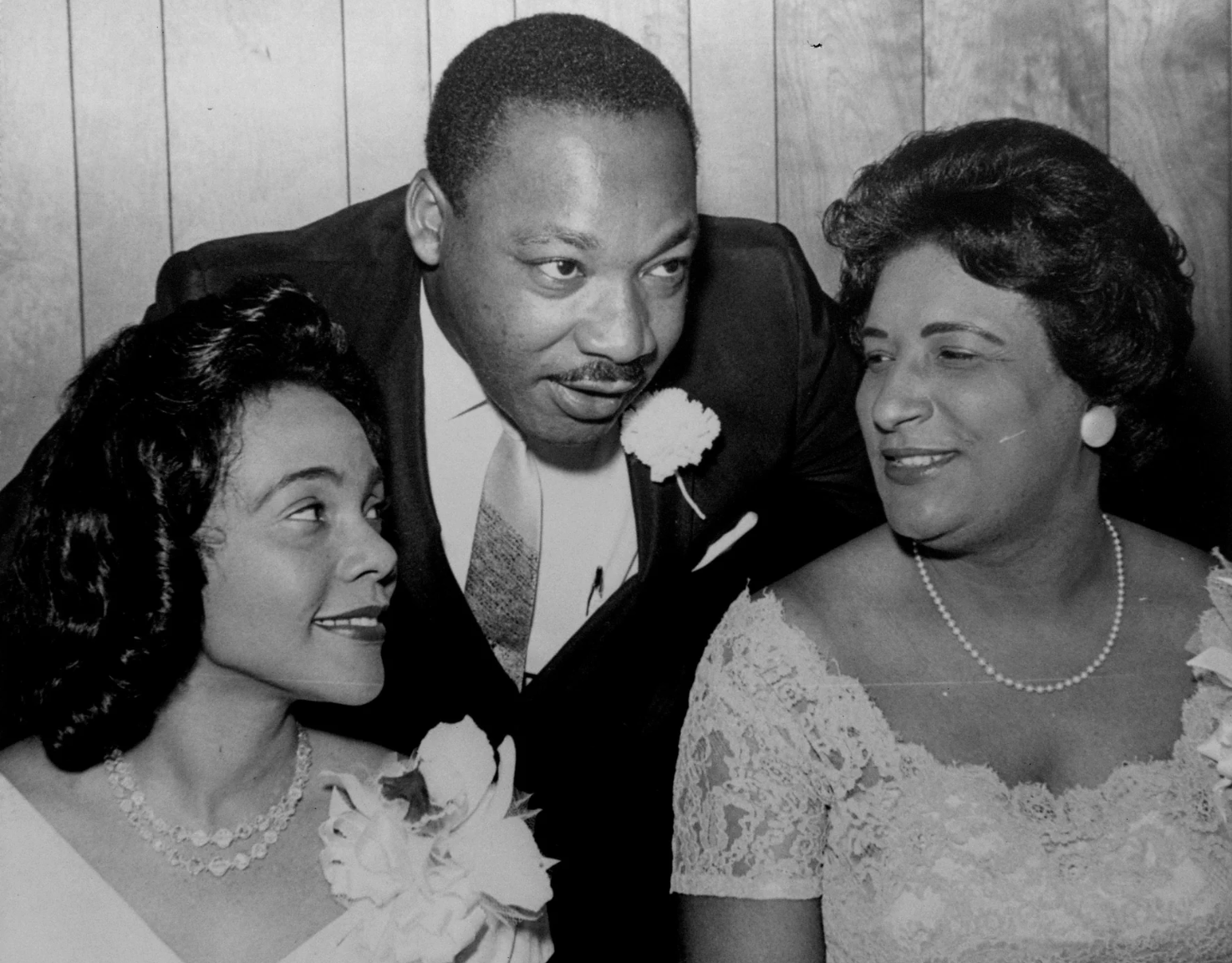00:54

Ketanji Brown Jackson was sworn in as a U.S. Supreme Court justice on June 30. The 51-year-old is the first Black woman to serve in the country's top court in its more than 230-year history.
Jackson succeeds Justice Stephen G. Breyer, 83, who announced earlier this year that he would retire at the end of the court's session this summer. In February, she was nominated by President Biden and confirmed by a 53-to-47 Senate vote, which is among the closest in history. All 50 Democrats supported her, along with three moderate Republicans.
Jackson's confirmation fulfills U.S. President Joe Biden's 2020 campaign promise to appoint a Black woman to the Supreme Court.
"It has taken 232 years and 115 prior appointments for a Black woman to be selected to serve on the Supreme Court of the United States," said Jackson at a White House ceremony the day after the Senate vote. "But we've made it. We've made it, all of us. All of us."

Ketanji Brown Jackson, nominated to be a U.S. Circuit Judge for the District of Columbia Circuit, is sworn in to testify before a Senate Judiciary Committee hearing on pending judicial nominations on Capitol Hill in Washington, U.S., April 28, 2021. /Reuters
Ketanji Brown Jackson, nominated to be a U.S. Circuit Judge for the District of Columbia Circuit, is sworn in to testify before a Senate Judiciary Committee hearing on pending judicial nominations on Capitol Hill in Washington, U.S., April 28, 2021. /Reuters
Jackson was born in Washington, D.C. and grew up in Miami, Florida. She was a national debate champion and class president in Miami Palmetto Senior High School, before entering Harvard University and Harvard Law School, where she was a supervising editor of the Harvard Law Review.
During her college years, she was a Harvard Black Law Students Association member. The association describes Jackson as inspiring them to "advocate for justice, dream bigger, and dictate our own destinies."
Jackson's parents both started their careers as public school teachers in Miami. They attended segregated primary schools in the South and historically Black colleges.
"I grew up hearing the stories of what life used to be like for young Black people of my parents' generation," said Jackson in a 2020 lecture at the University of Michigan Law School. "Yet my life's circumstances were so different that it is still hard for me to believe that strict racial segregation was the law of the land just a few years before I arrived."
Career path
After graduating from Harvard Law School in 1996, Jackson became a law clerk in Justice Stephen Breyer's chamber. Jackson said she is deeply influenced by Breyer and feels "daunted by the prospect of having to follow in his footsteps.”
"For him, the rule of law is not merely a duty, it is his passion", Jackson said in the White House speech following the Senate confirmation in April, 2022.

Justice Stephen G. Breyer poses with his replacement, Justice Ketanji Brown Jackson, in a photo released by the Supreme Court on June 30. /Supreme Court/AFP/Getty Images
Justice Stephen G. Breyer poses with his replacement, Justice Ketanji Brown Jackson, in a photo released by the Supreme Court on June 30. /Supreme Court/AFP/Getty Images
Last June, she was confirmed for a seat on the U.S. Court of Appeals for the District of Columbia. Before that, since 2013, she served eight years as a federal trial court judge. With the experience of working as a public defender from 2005 to 2007, she became the modern court's first justice with experience as a public defender.
While working in Washington, D.C., Jackson presided over several politically charged cases. In 2019, she ruled in that the former White House counsel Donald F. McGahn II had to testify before House impeachment investigators about Trump's actions during the investigation of Russia's interference in the 2016 presidential election.
"Simply stated, the primary takeaway from the past 250 years of recorded American history is that Presidents are not kings," Jackson wrote in a 120-page document, in which she denied that Trump's claim that aides are immune from testifying.
Jackson joins the court at a time when there is sharpening political polarization and bipartisan bias. Last month, it overturned the 1973 Roe v. Wade decision, ending a woman's constitutional right to abortion in the U.S.
The court also overturned a New York state law, which requires residents to demonstrate a particular reason to apply for a license to carry a gun in public. While six conservative justices voted to invalidate the state's concealed carry law that has been in place since 1913, top Democrats condemned the decision, saying it would bring threats to public safety.
"Strategically partisan decision patterns in the normal churning of judges undermines the non-partisanship of the judiciary and the apoliticality of the U.S. legal system that subtends its constitutionally sanctioned role," researchers from Northwestern University pointed out in their recent study, suggesting that the retirement of Federal judges have been increasingly closely linked with the presidential election cycle.
Jackson's rise to the court will not tilt the current makeup of the Supreme Court, which is dominated 6-3 by the conservatives.
Renewed focus on historical lack of Black judges
Historically, very few women were confirmed to the federal bench up until the 1970s. In the 1960s, only four of the 332 federal judges were women, comprised almost exclusively of White men.
In 1966, then-President Lyndon B. Johnson appointed Constance Baker Motley to the Southern District of New York, making her the first Black woman to become a federal judge. In the following decade, the federal bench also saw a substantial increase in judges of color after President Jimmy Carter announced a priority on appointing more diverse judges.

In this August 9, 1965, file photo, Dr. Martin Luther King, Jr. chats with his wife, Coretta, left, and civil rights champion Constance Baker Motley before the start of an S.C.L.C. banquet in Birmingham, Ala. /AP
In this August 9, 1965, file photo, Dr. Martin Luther King, Jr. chats with his wife, Coretta, left, and civil rights champion Constance Baker Motley before the start of an S.C.L.C. banquet in Birmingham, Ala. /AP
By the 1990s, 25 percent of all federal judges confirmed in that decade were women, according to official statistics. However, male attorneys still outnumber female attorneys. A 2021 study by the Brennan Center for Justice at New York University shows that 62 percent of all state supreme court justices were male, compared with 49 percent of the U.S. population.
In the past decades, female lawyers in the U.S. grew slowly from 33 percent in 2011 to 37 percent in 2021, according to a survey by the American Bar Association. Only 70 of the 3,843 people who have ever served as federal judges in the U.S – fewer than 2 percent – have been Black women, according to the Brennan Center.
With Jackson's joining, four women will serve together on the nine-member Supreme Court for the first time, the largest ratio ever, highlighting the relative rarity of women in the legal profession.
As of October 2021, about 4.8 percent of those enrolled in the law program at Harvard, or 84 people, identified as Black women, compared with just 33 Black women in 1996, when Judge Jackson graduated, according to the report from Harvard University.
Mariah K. Watson, the association president at her alma mater, said Jackson has carved a way for Black women in law during an interview with the New York Times.
"I'm grateful for the hard steps and all of the chipping away that she's doing right now so that the path is cleared or at least a little clearer for those who seek to come after her," said Watson.
Video edited by Yang Yiren
Cover image designed by Jia Jieqiong
Edited by Zeng Ziyi

